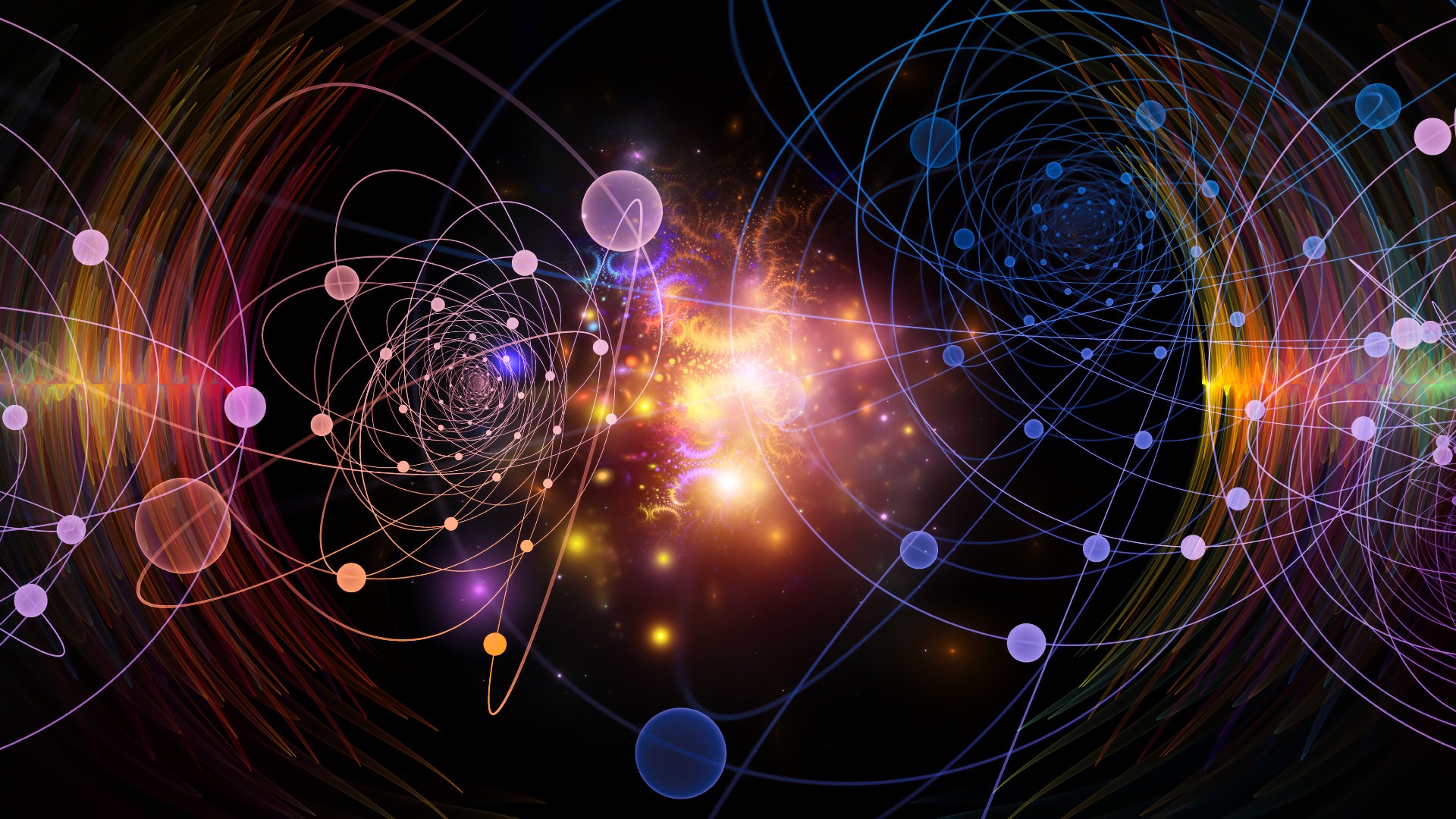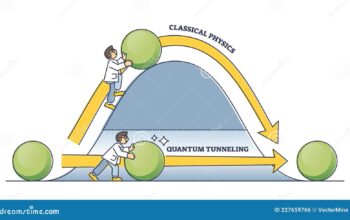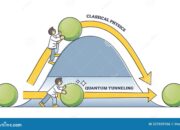Quantum mechanics stands as one of the most revolutionary paradigms in the annals of physics, offering profound insights into the fundamental structures of reality. Since its inception in the early 20th century, this branch of science has continuously prompted compelling questions and inspired fervent inquiry. However, an increasingly prevalent narrative suggests that quantum mechanics may be running out of new ideas. This assertion, while at first glance simplistic, requires careful dissection to unveil the underlying complexities that fuel the fascination with this discipline.
At the core of the discussion lies a recognition of the intellectual challenges posed by quantum theory itself. The strange, counterintuitive nature of quantum phenomena challenges our conventional understanding of physical laws. As researchers delve deeper into the quantum realm, they find themselves grappling with foundational issues that remain unresolved, such as the nature of wave function collapse and the problem of measurement. This conceptual turbulence may misleadingly suggest a stagnation in the generation of innovative theories and ideas. However, such a perspective overlooks the nuanced ways in which quantum mechanics evolves.
The historical trajectory of quantum mechanics is often punctuated by moments of paradigm-shifting developments. Consider the advent of quantum field theory, which elegantly combined special relativity with quantum principles to explain particle interactions. Similarly, the emergence of quantum information theory has revolutionized our understanding of information processing at the quantum level. These breakthroughs demonstrate that the quantum field is far from a barren landscape; rather, it is characterized by dynamic intellectual exploration where fresh ideas continually emerge, albeit in increasingly specialized domains.
Moreover, the perception of stagnation may stem from the increasingly esoteric nature of contemporary research. As the field matures, theories become more intricate and specialized, obscuring the excitement that once accompanied earlier, foundational discoveries. For instance, the entanglement phenomenon has prompted extensive investigation, yet its intricate implications remain a hotbed of theoretical inquiry. While lay observers may interpret the frequency of these explorations as repetitious, the subtle layers of understanding developed within niche areas signify fertile ground for new ideas.
Another dimension to consider is the intersection of quantum mechanics with other scientific disciplines. The rich tapestry of interdisciplinary collaboration has birthed emergent fields such as quantum biology and quantum computing, which utilize quantum principles in novel ways. Quantum biology seeks to elucidate phenomena such as photosynthesis through a quantum lens, while quantum computing promises to revolutionize computational capabilities by harnessing the superposition and entanglement properties of qubits. These intersections exemplify that the boundaries of quantum mechanics are porous, allowing for a continuous influx of new ideas as they collide with concepts from other fields.
The philosophical implications of quantum mechanics further contribute to its persistent allure. The wave-particle duality, inherently probabilistic nature, and notions of non-locality provoke profound questions about the nature of reality, observation, and knowledge itself. In the absence of definitive answers, these inquiries inspire both speculative thought and rigorous debate among physicists and philosophers alike. Rather than indicating a depletion of ideas, this philosophical backdrop underscores the ongoing vitality of quantum inquiry, as the search for coherence brings forth a plethora of interpretations and theoretical frameworks.
It is of note that the very frameworks that have propelled the field forward may also constrict its perceived novelty. Established theories, such as the Standard Model of particle physics, provide robust explanatory power but also challenge researchers to extend or revise existing paradigms in innovative ways. The quest for a unifying theory that encompasses quantum mechanics and general relativity, often referred to as quantum gravity, illustrates this tension. The pursuit of such a theory is not indicative of a lack of new ideas; rather, it highlights the ambitious endeavor to synthesize well-established principles into a cohesive understanding that may open new avenues of thought.
Moreover, the role of technological advancement cannot be overlooked in this discourse. The burgeoning capabilities of experimental techniques have parallelly advanced the exploration of quantum phenomena. The discovery of new particles, improved spectroscopy methods, and cutting-edge techniques such as quantum tomography yield fresh empirical data that invariably lead to new theoretical insights. Each technological breakthrough has the potential to unearth fissures in established theories, prompting rejuvenation of inquiry rather than a waning of conceptual innovation.
In summary, the assertion that quantum mechanics is running out of new ideas is a considerable oversimplification. The field is caught in a complex interplay between entrenched theories and the nascent search for groundbreaking paradigms. Interdisciplinary innovations, philosophical explorations, and the sophistication of experimental methodologies collectively serve to sustain the dynamism of quantum mechanics as an ongoing quest for understanding. Rather than a decline, the current state of quantum mechanics is characterized by an exciting evolution—an intricate dance of ideas where the enigmatic nature of the quantum world continues to evoke curiosity and inspire scholarly pursuit.












